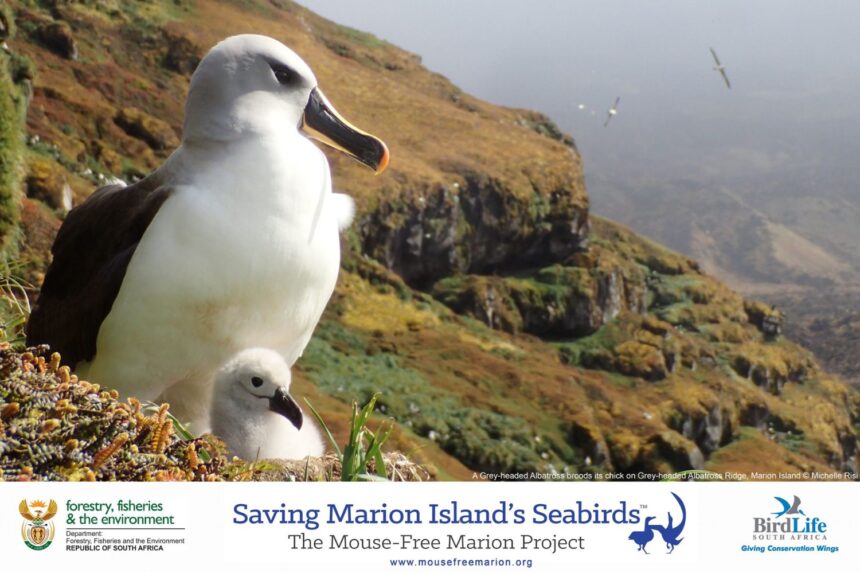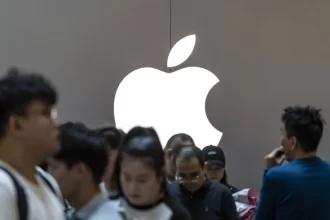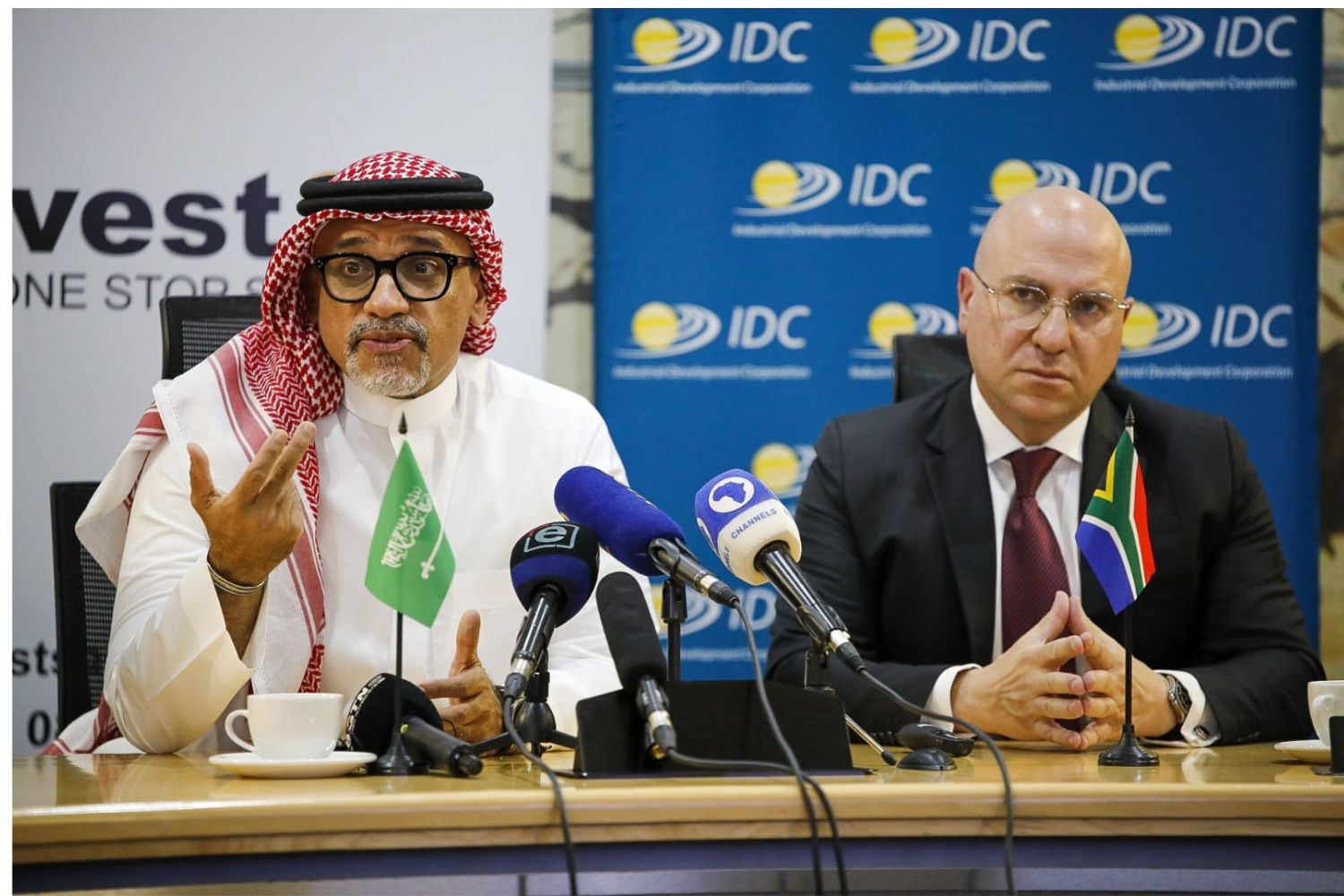Conservationists are developing a plan to eliminate up to one million mice on Marion Island, a remote South African territory, due to concerns that these invasive rodents could decimate the seabird populations residing there.
Anton Wolfaardt, a conservation scientist based in Cape Town and the manager of the Mouse-Free Marion project (MFM), highlighted the urgency of the situation. “The mice are essentially eating the birds alive,” Wolfaardt explained, describing how the birds often remain motionless as swarms of mice nibble away at them.
The MFM project intends to use rodent poison distributed via bait dropped across the island to completely eradicate the mouse population. Wolfaardt emphasized the critical importance of this intervention, noting the severe consequences of inaction.
“If the mice are not removed, we anticipate that most of the seabirds on Marion Island, including the wandering albatross, will face local extinction within the next 30 to 100 years,” Anton Wolfaardt said.
Marion Island, a windswept volcanic island located approximately 2,000 kilometres southeast of Cape Town in the Indian Ocean, is designated as a special nature reserve. Wolfaardt described the island as a “haven” for albatross, petrel, penguin, and seals that hunt in the sub-antarctic waters but come ashore to breed and molt.
Mice first arrived on Marion Island about 200 years ago, hitching a ride on seal-hunting ships. However, in recent decades, their population has surged to as many as a million during peak season. Wolfaardt attributed this spike to climate change, as warmer and drier conditions have extended the breeding season for the mice.
The rodents have developed a gruesome method of survival, targeting areas where a bird’s feathers are thinnest—usually the head—to access soft tissue more easily. Photographs from Marion Island depict birds with bloodied wounds on their heads and necks, with mice sometimes actively gnawing on live birds, a behaviour scientists have termed “scalping.” Wolfaardt explained that the island’s birds have not evolved defence mechanisms against these relatively new predators, and younger chicks, unable to fly, are particularly vulnerable.
“The birds eventually become so exhausted that they die, or they succumb to bacterial infections,” Wolfaardt said. The eradication project will involve helicopters systematically dropping poison across the island in overlapping routes. Although this method has proven effective on smaller islands, Wolfaardt acknowledged that Marion Island’s size and complex topography present significant challenges.
While a natural part of many ecosystems, rodents can become highly destructive when they invade environments where they are not native, particularly islands that are home to seabird colonies. Their impact on these ecosystems and seabirds can be severe, leading to ecological imbalances and the decline of native species. Rodents, especially invasive species like rats and mice, are notorious for raiding seabird nests, eating eggs, and killing chicks.
These challenges mean that the plan may not be fully implemented until 2027. The team is analysing extensive data and preparing contingency plans for variables like weather, but Wolfaardt stressed the importance of precision.
The conservationists will ensure that every square inch of the island is covered with rodenticide bait, so that every mouse consumes a lethal dose.
The project is a collaboration between BirdLife South Africa, a conservation non-profit, and the South African government, with an estimated cost of $26 million, funded through a mix of government support and a fundraising campaign. Although the project’s risk assessment indicates that some non-target species might accidentally ingest the poison—perhaps by consuming poisoned mice—Wolfaardt is confident in the overall benefits. He pointed out that seabirds primarily feed at sea and are unlikely to be attracted to the grain-based bait.
“We’re confident that the net benefit is overwhelmingly positive,” he said. Ecologist Ted Grosholz believes that the fact that the mice are confined to the island gives the project a strong chance of success, and the potential “catastrophic loss” to seabirds justifies the plan.
Seabirds are more than just coastal inhabitants; they are vital components of marine ecosystems and serve as indicators of ocean health. Their roles in nutrient cycling, supporting biodiversity, and contributing to cultural and economic activities highlight the importance of conserving these remarkable birds for the benefit of the environment and future generations.
Rodents, particularly invasive species, pose a significant threat to ecosystems and seabirds. Their impact ranges from direct predation on eggs and chicks to broader ecological disruptions that can lead to declines in biodiversity and the degradation of habitats.
Therefore, effective management and control of rodent populations are essential to protecting vulnerable seabird species and preserving the delicate balance of ecosystems where these birds play a critical role.
ALSO READ: Reviving Mozambique’s Wildlife: A Conservation Success Story













